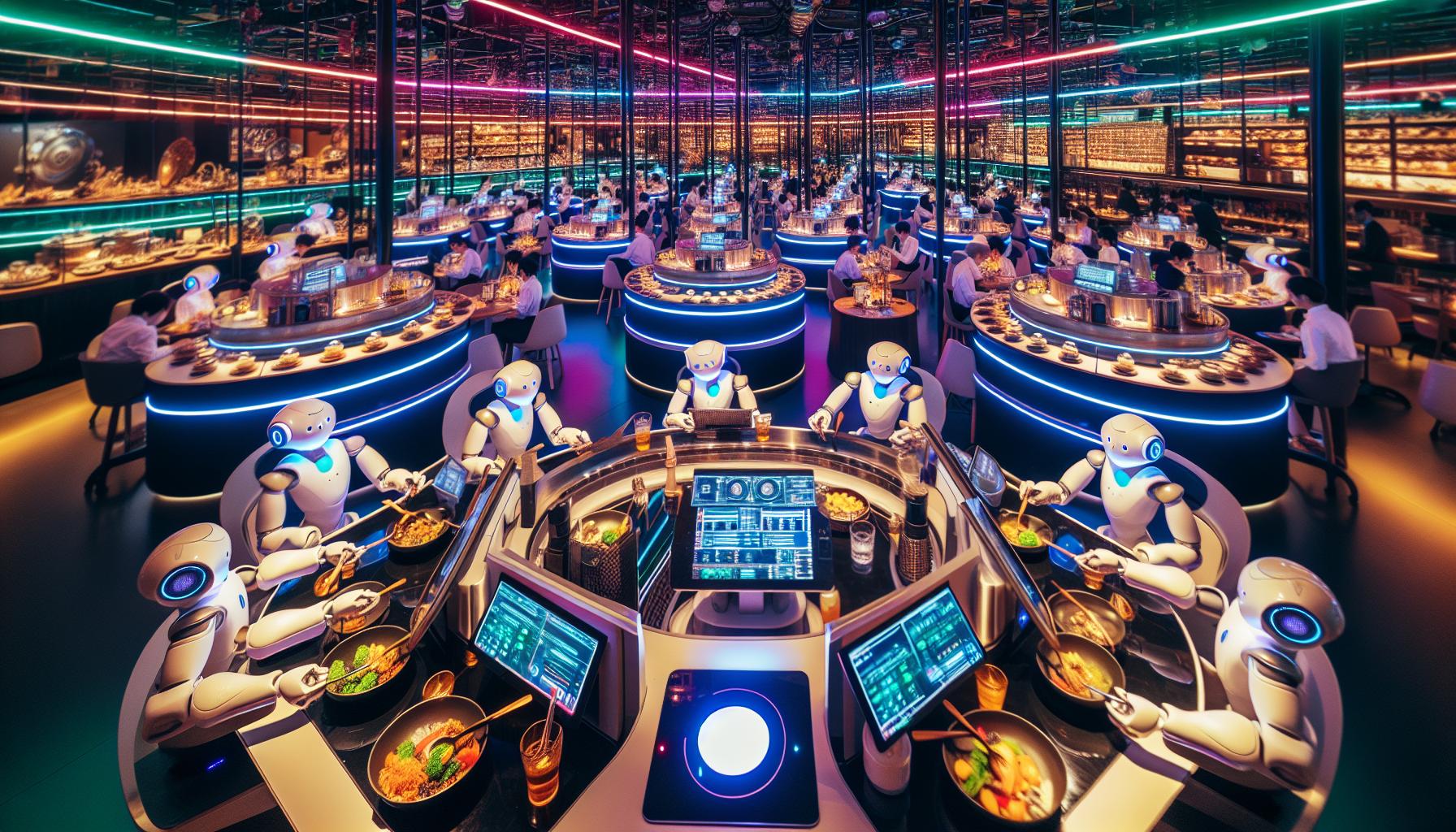The Role of Automation in the Restaurant Industry Amid Economic Uncertainty
In the face of economic uncertainty and divergent forecasts for 2024, restaurants are increasingly turning to automation to streamline operations, enhance efficiency, and control costs. Amid shaky predictions of a possible recession, businesses are exploring innovative ways to navigate financial challenges, and the restaurant industry is no exception.
The Benefits of Automating Cash Handling Processes
One often-overlooked aspect of improvement is cash handling. With higher interest rates, rising labor costs, and economic uncertainties looming, restaurant operators are keen on finding ways to cut expenses. One solution that can provide substantial benefits is automating in-store cash handling processes.
Restaurants adopting automated cash handling systems can reduce labor hours spent counting cash, reallocate resources to more productive tasks, receive overnight bank credit for cash in the safe, and save on bank fees. As the economy teeters on the edge of recession, such measures become integral to maintaining profitability.
Embracing Automation in an Uncertain Market
With experts split on the likelihood of a recession in 2024, restaurants are hedging their bets by embracing automation in various aspects. Reuters reports divisions among economic analysts regarding the possibility of a U.S. recession, leading to a lack of consensus in market predictions. This uncertainty has prompted investment banks and asset managers to have widely varying calls for 2024.
In response, restaurants are adopting solutions not only for cash handling but also for various other operations. Automated ordering systems, inventory management, and employee scheduling are becoming commonplace. This shift towards automation aligns with the need for businesses to be agile in the face of economic fluctuations.
Enhancing the Customer Experience Through Automation
Automation in 2024 isn’t limited to back-end operations. Restaurants are increasingly integrating technology to enhance the customer experience. From self-service kiosks for ordering to mobile apps for contactless payments, technological innovations are reshaping how patrons interact with establishments. This not only aligns with health and safety concerns post-pandemic but also contributes to operational efficiency. The integration of technology minimizes wait times, reduces order errors, and ultimately fosters customer satisfaction.
The Benefits of Cash Handling Automation
Beyond cost savings, cash handling automation offers restaurants increased efficiency, enhanced security, and improved visibility into their operations. By streamlining cash flow, reducing human error, and optimizing best practices, businesses can navigate the economic landscape more effectively.
Positioning for Success in an Evolving Market
As the economic landscape remains uncertain, restaurants are taking proactive measures by incorporating automation into their daily operations. Whether driven by predictions of a looming recession or a desire for operational efficiency, the adoption of technology is becoming a defining factor in the restaurant industry’s resilience and adaptability.
By leveraging automated solutions, businesses aim to not only weather economic challenges but also position themselves for sustained success in an evolving market.
Analyst comment
Positive news: The Role of Automation in the Restaurant Industry Amid Economic Uncertainty
As economic uncertainty and forecasts divide, restaurants are embracing automation to streamline operations and cut costs. By automating cash handling processes, restaurants can reduce labor hours, save on bank fees, and maintain profitability in the face of a possible recession. Automation is also being utilized in other aspects of the industry, such as ordering systems and customer interactions, to enhance efficiency and improve the customer experience. Through automation, restaurants are positioning themselves for success and adaptability in an evolving market.













